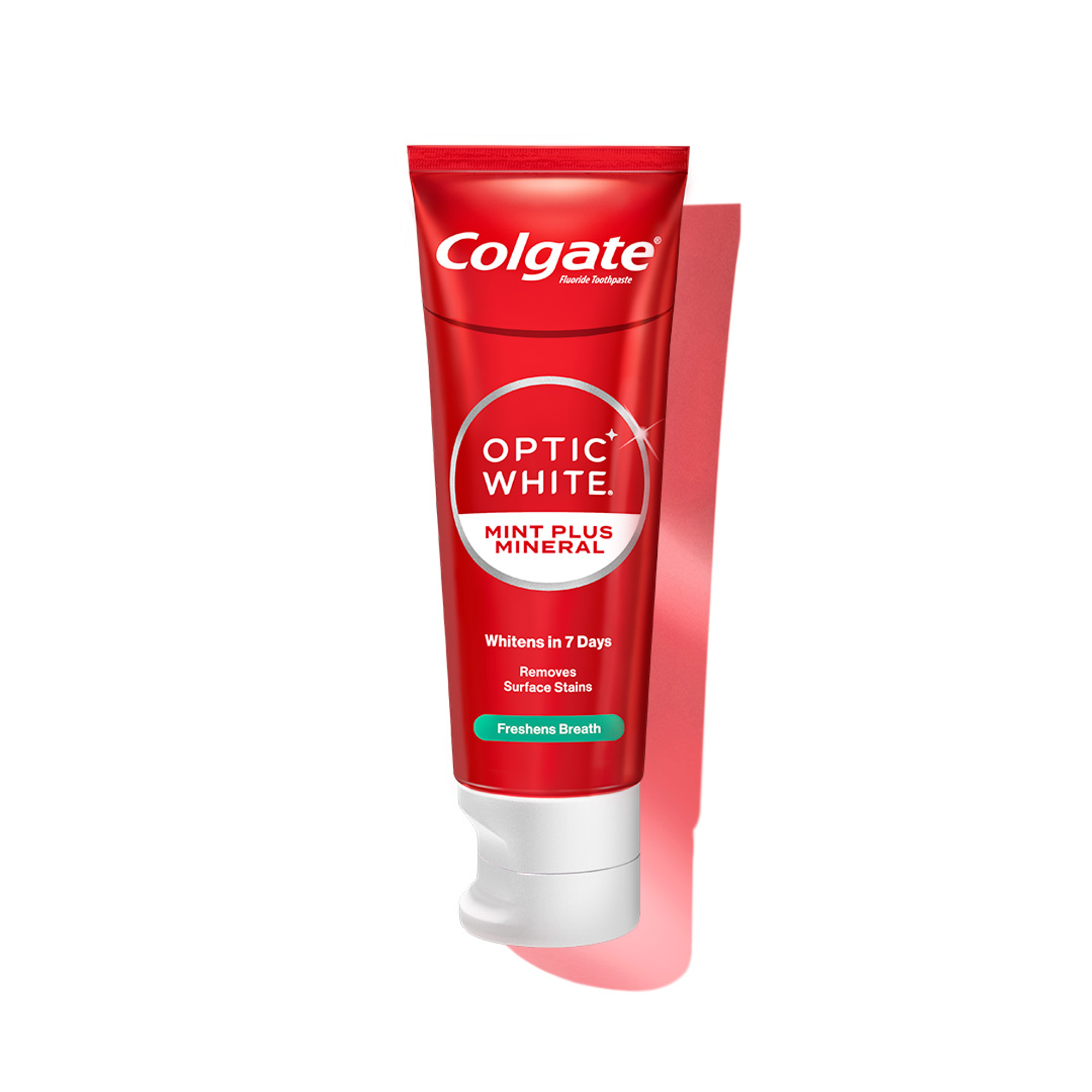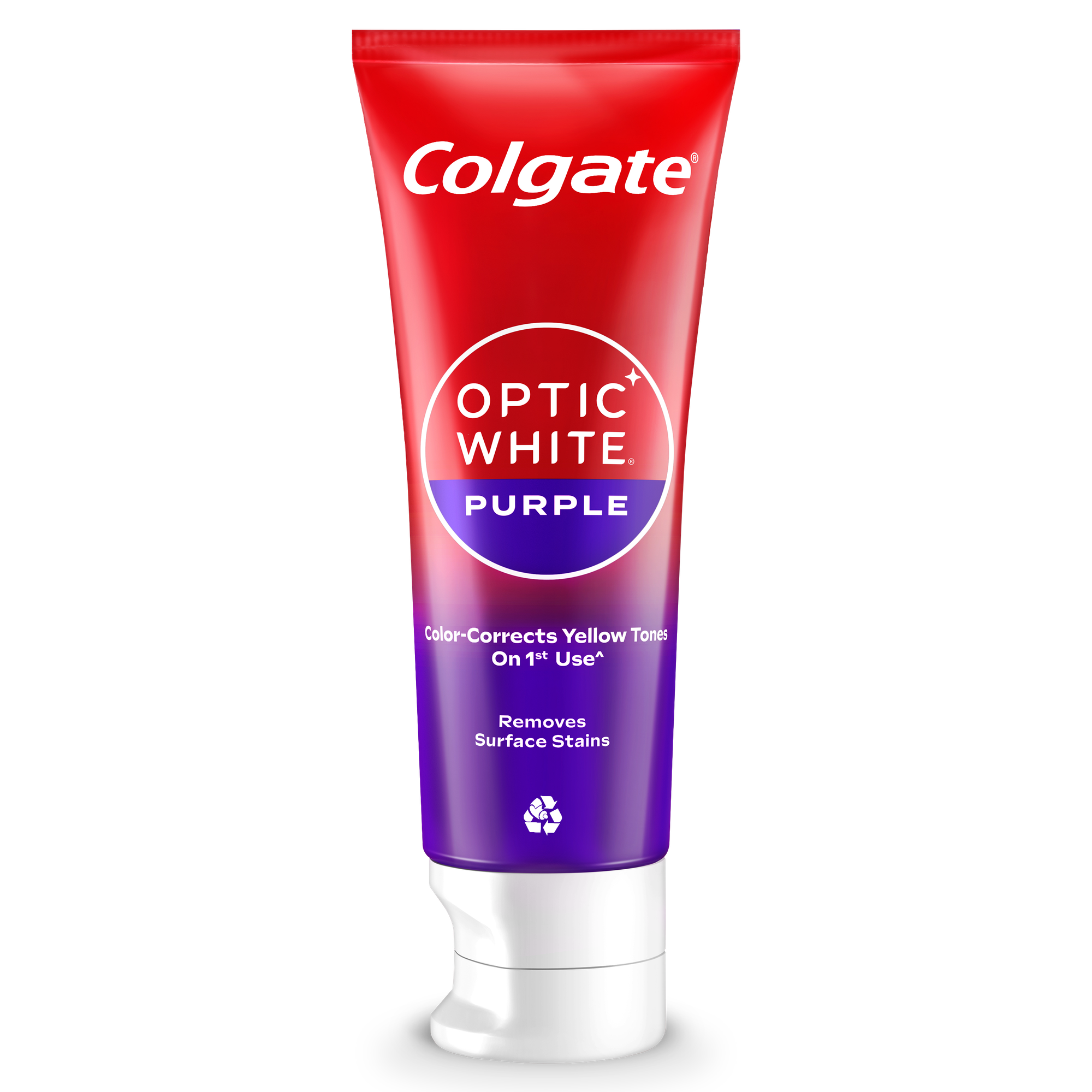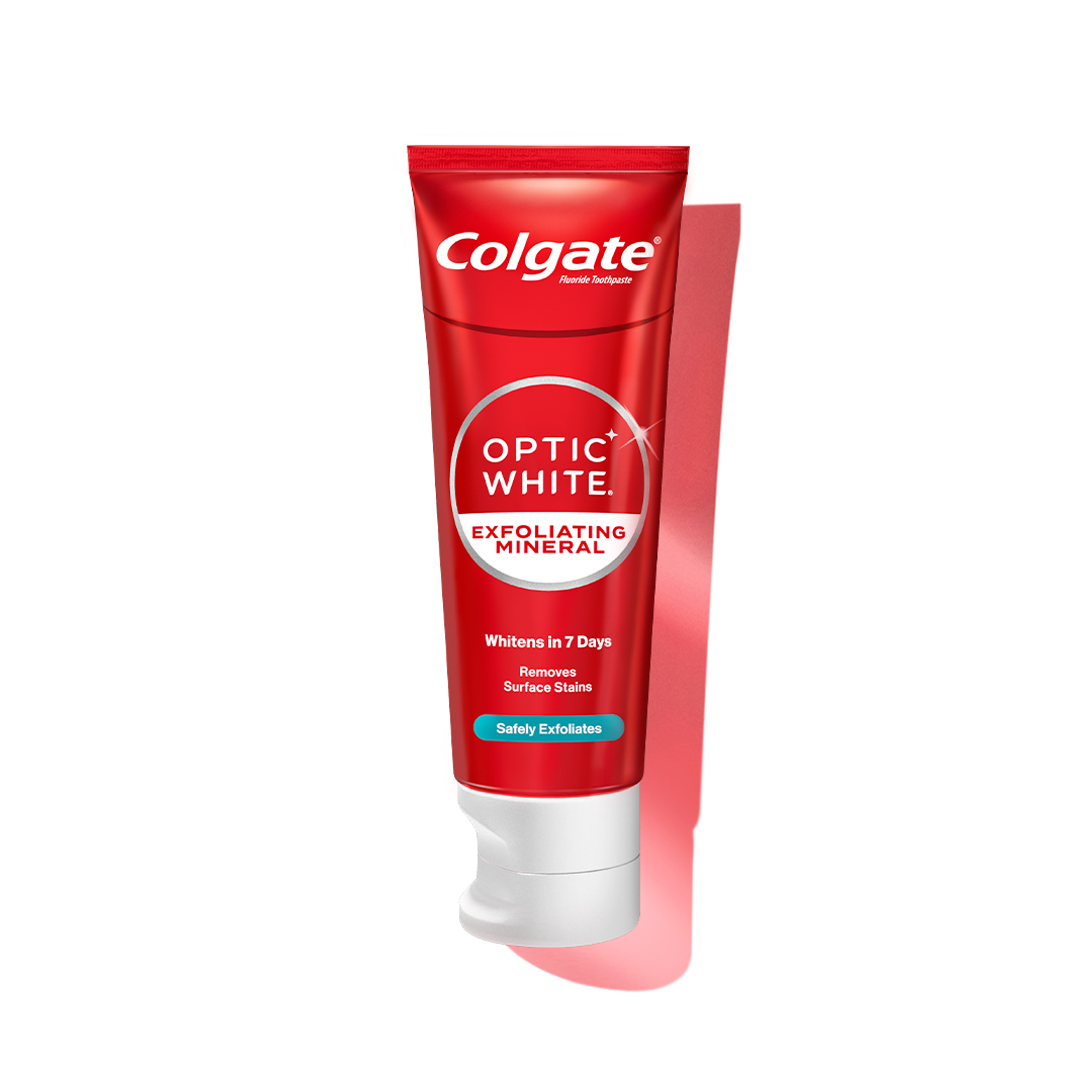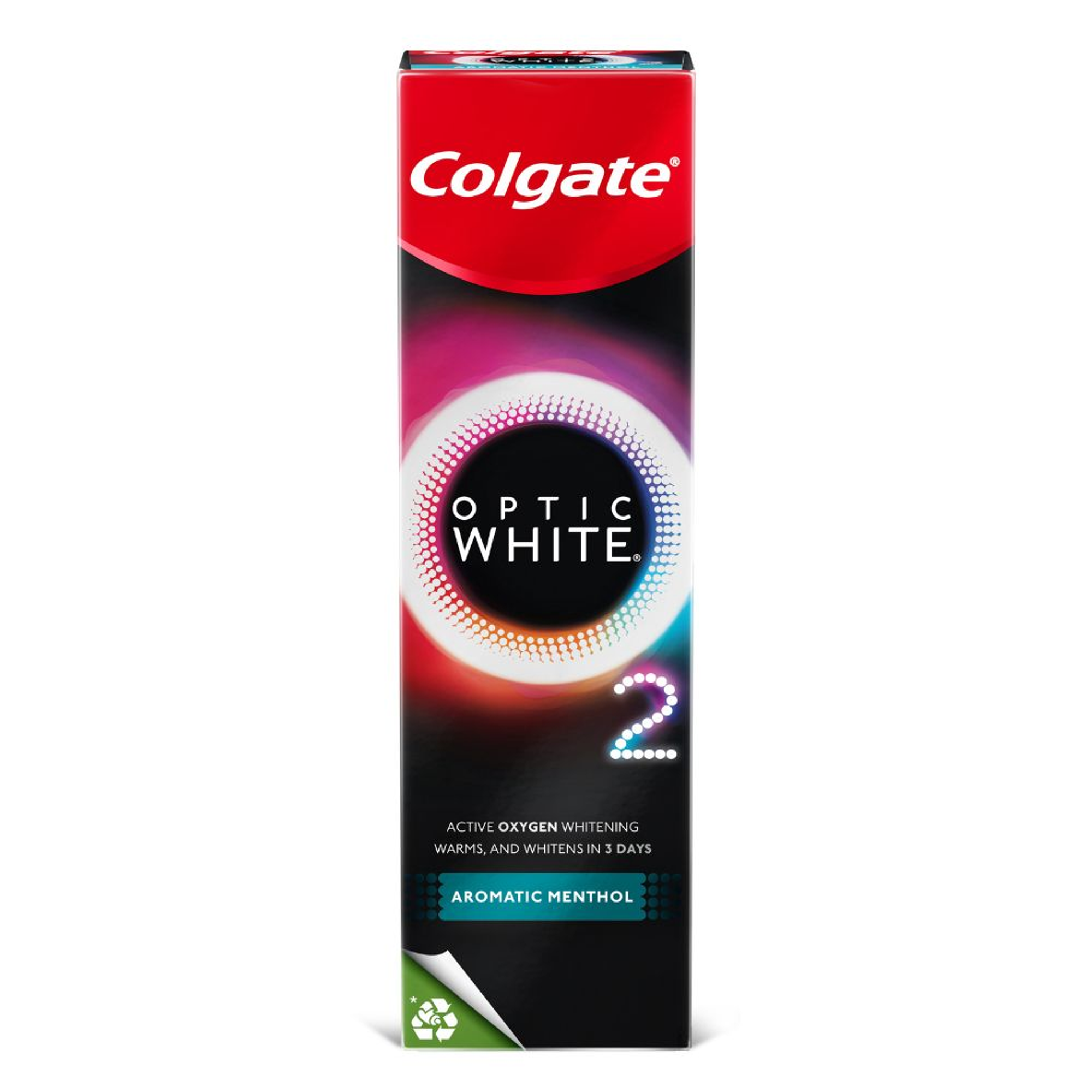-
-

FLUORIDE
Discover how stannous fluoride toothpaste prevents cavities and other oral health issues. Learn the key benefits of fluoride for teeth and its best uses.Fluoride plays a vital role in oral healthcare...

TEETH WHITENING
Teeth Whitening Serum for a Brighter, Confident SmileWho does not want whiter and brighter teeth? Thanks to the many teeth-whitening products available today...
-
Science & Innovation
- ORAL HEALTH ASSESSMENT
- Colgate® | Toothpaste, Toothbrushes & Oral Care Resources
- Oral Health
- What Is Oil Pulling? What You Need To Know


What is Oil Pulling?
Oil pulling is meant to remove bacteria and stimulate saliva production, among other benefits. As described in an article in the Journal of Traditional and Complementary Medicine in The Netherlands, oil pulling generally involves swishing a tablespoon full of oil around your mouth first thing in the morning. The oil is "pulled" between the teeth and all around the mouth for up to 20 minutes. At the end of the pulling, when the oil is milky and thin, spit it out in the bin. Never swallow the oil after pulling — it's full of bacteria.
Does Oil Pulling Work?
There have been numerous studies on oil pulling's effect on oral health and hygiene, and discussions about which type of oil is best.
- One study noted that oil pulling with coconut oil was as effective as chlorhexidine, a prescription mouthwash, in the reduction of Streptococcus mutans, the bacteria believed to cause tooth decay.
- Another study published in the Journal of Natural Science, Biology and Medicine in India concluded that oil pulling with coconut oil is more effective than sesame oil in reducing the severity of gingivitis.
- Olive oil is also believed to be a good substance for oil pulling because its ingredients have antimicrobial and antioxidant properties.
Although these and other small-scale studies draw positive conclusions about oil pulling, the practice is not considered a reliable dental hygiene practice, nor is it a replacement for brushing and flossing.
Try other teeth whitening products to reveal the bright new smile you want! >
Oil Pulling Side Effects
There aren't any known physical side effects from oil pulling. However, you might notice a sore jaw or headache at first from the rigorous motion of oil pulling. If you swallow the oil, it could cause an upset stomach or diarrhoea.
Oil pulling should never be used in place of brushing and flossing. Always adhere to your dentist's recommended dental routine and only add in alternative therapies like oil pulling after discussion with your dentist.

How to Keep Your Mouth Healthy
Unfortunately, there's no magic remedy to make your teeth perfectly white and healthy. What's been proven to work over time is developing and maintaining a proper oral care routine. While brushing and flossing provide the foundation for such a routine, the steps to maintaining it are rather simple:
- Eat a healthy, balanced diet
- Use a fluoride-based toothpaste
- Drink fluoridated water
- Use a mouth rinse if your dentist recommends it
Most importantly, floss every day and brush in the morning and evening.
You only get one set of permanent teeth, so taking care of them is essential. Oil pulling does have some promising attributes, but more research needs to be done to prove its effectiveness and safety. No matter which natural remedies you're interested in trying, never give up your daily brushing and flossing for a healthy smile.
Related Products

Helping dental professionals
More professionals across the world trust Colgate. Find resources, products, and information to give your patients a healthier future











